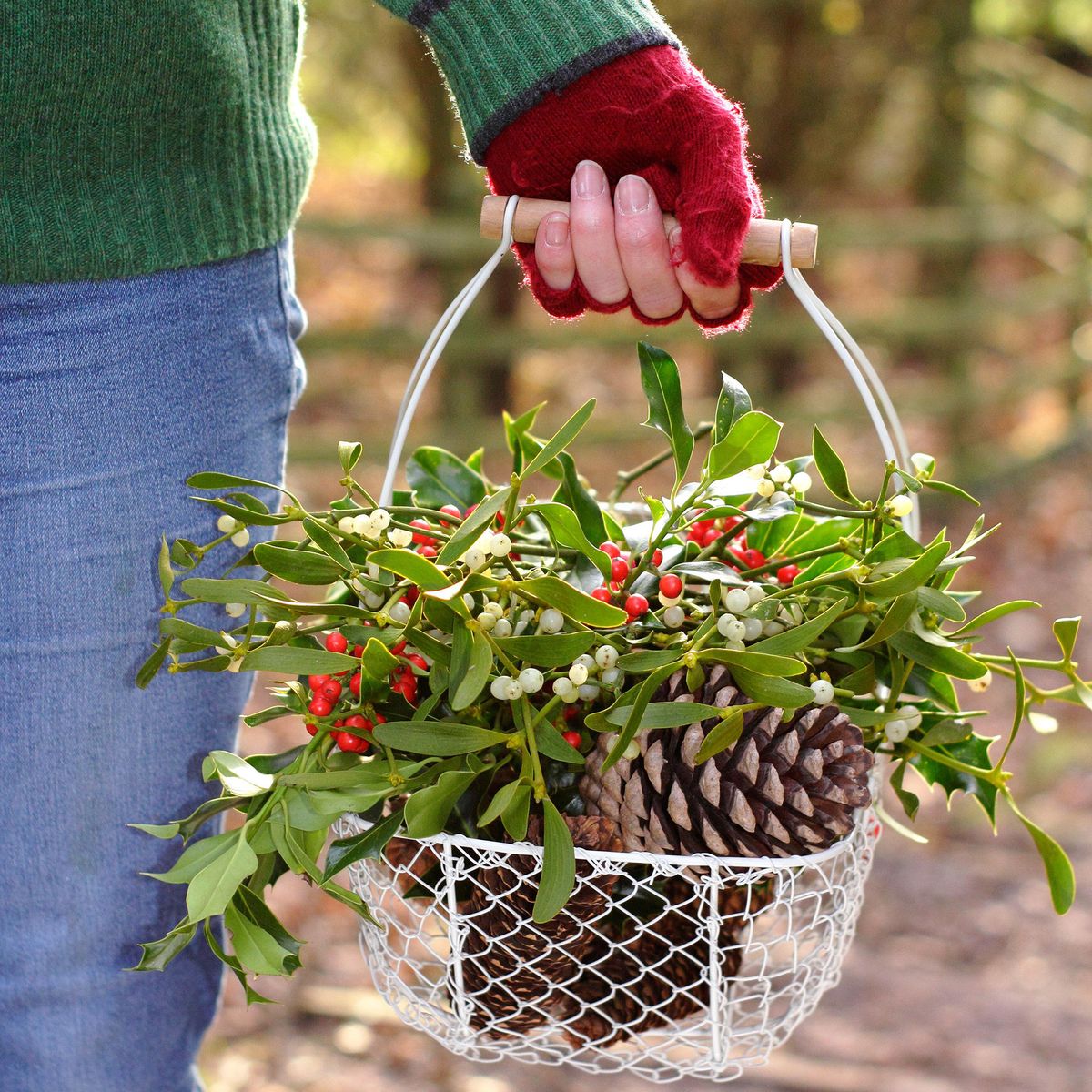
The North
Annual flowers that come into bloom quickly may still be sown and give excellent results. Calliopsis, candytuft, cape-marigold, Gypsophila, cornflower, and love-in-a-mist are a few dependable ones.
Hot, dry places may be planted with Dwarf Morning-glories, portulaca, California-poppy, calliopsis, and annual phlox.
Spring-blooming shrubs, such as the Vanhoutte Spirea and Forsythia, should be pruned now.
Paper mulch is splendid for light soils and for well-drained heavy soils. Try part of your garden with it and part without it, so you may compare the difference.
Some tropical fish may be used in place of sunfish for the lily pool. Some of the species which you have attempted unsuccessfully to breed in your aquarium will sometimes do well in the pool.
Watering should be sufficient to moisten the soil thoroly to a depth of 4 to 6 inches. It is seldom that anyone of us has the patience to apply this quantity, holding the hose in our hand. It is better to use a portable sprinkler, or if your yard is so arranged, a permanent pipe-line sprinkler.
The red spider is so injurious in many sections of the country that we feel it is necessary to mention it again.
Chrysanthemums. One of the great faults of hardy chrysanthemums is that they grow too tall, but if we pinch out the tops of the plants so that they stand only 6 or 8 inches tall, this will cause them to branch freely and increase their bloom. It may be wise to place a stake at the center of each plant and tie the main shoots to it.
Molybdenum steel is the newest and most popular material for garden tools. The tools may be lighter and yet stronger and more lasting when made of it. It is surprising how much easier a higher grade shovel or spade is to work with than a cheap one. The same is true of trowels.
Your raspberry and blackberry bushes will need to have the new growths pinched back to make them branch.










